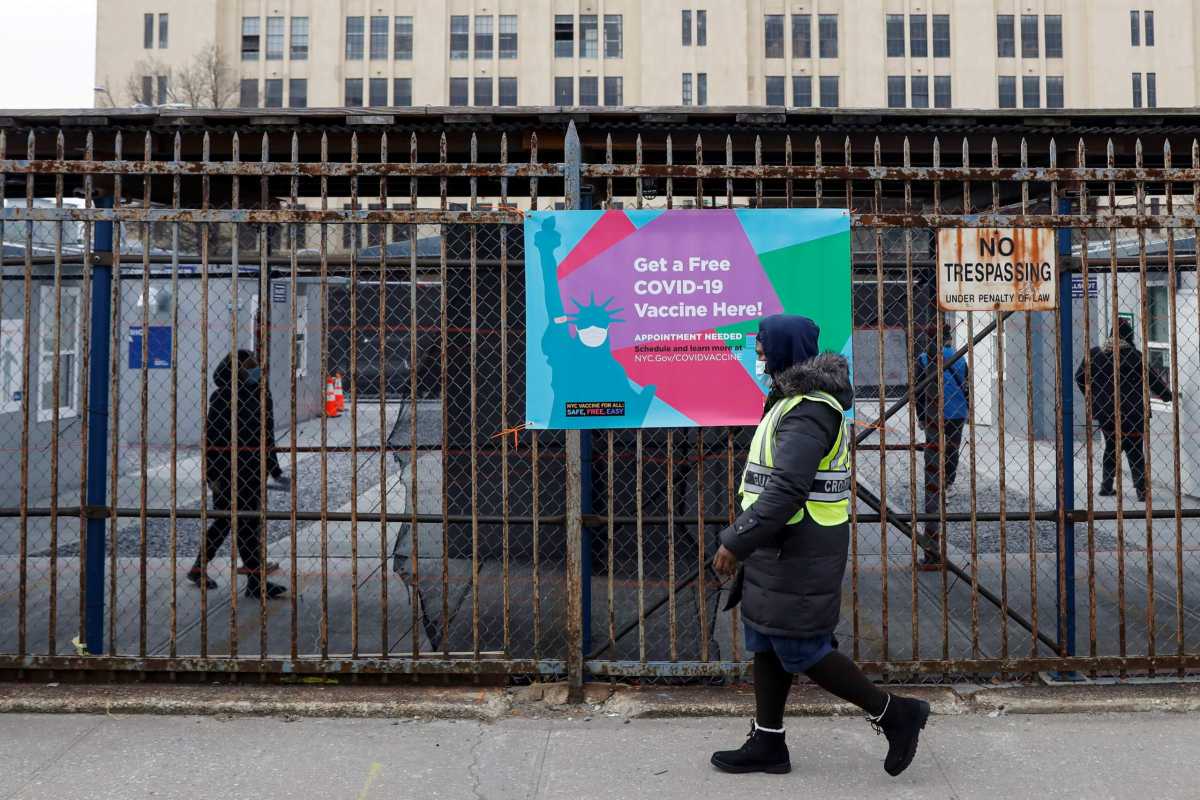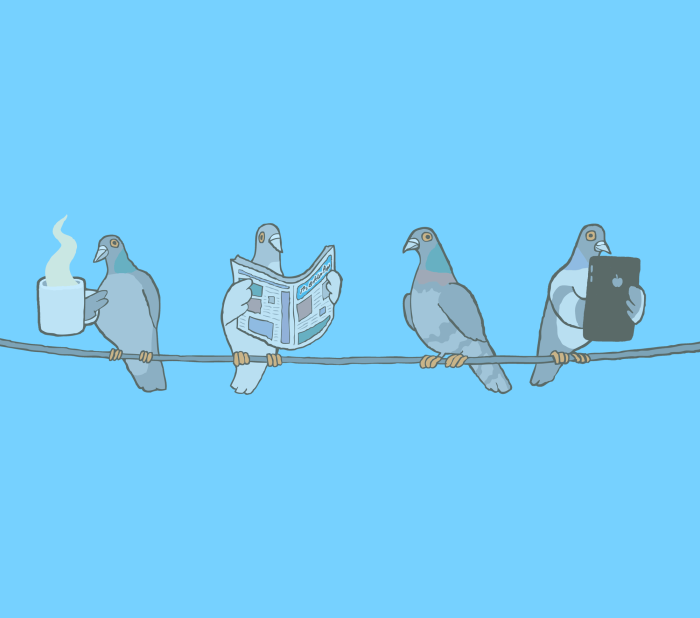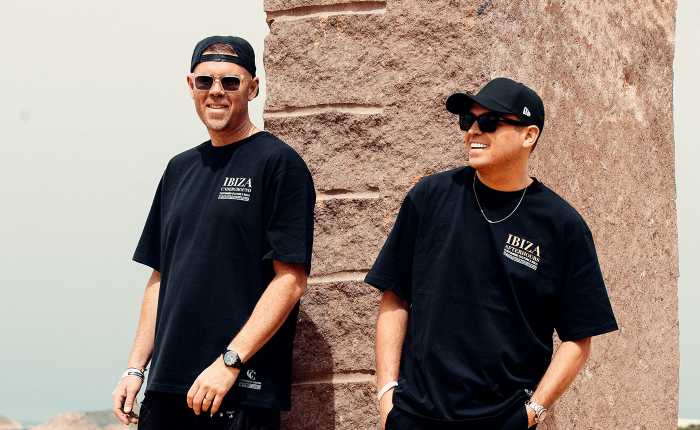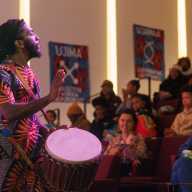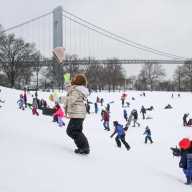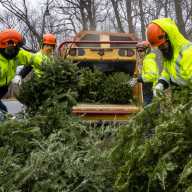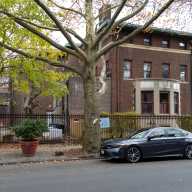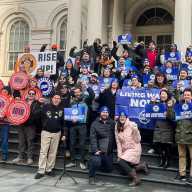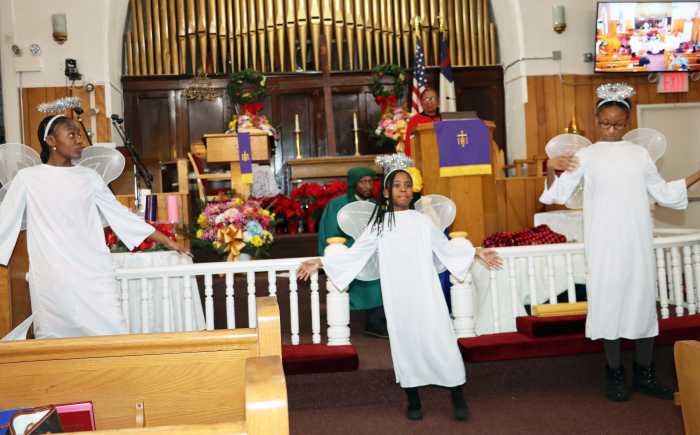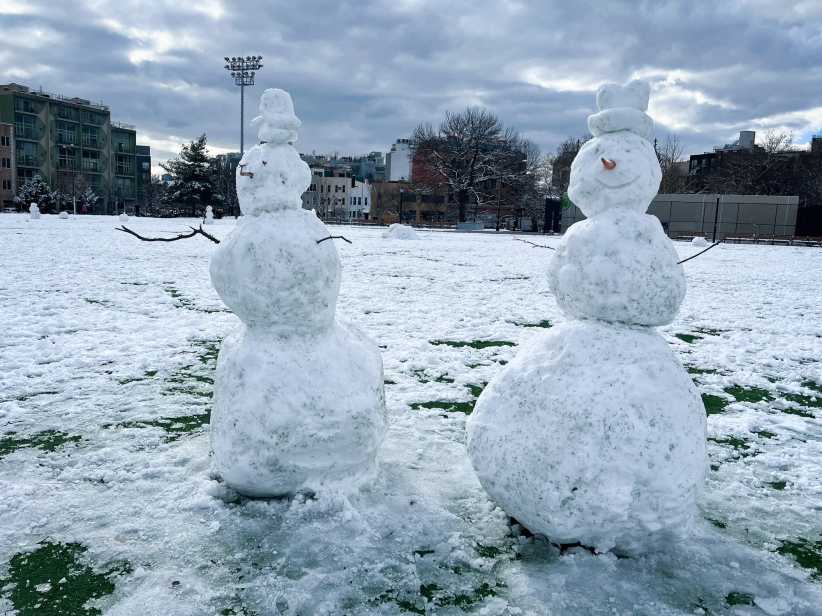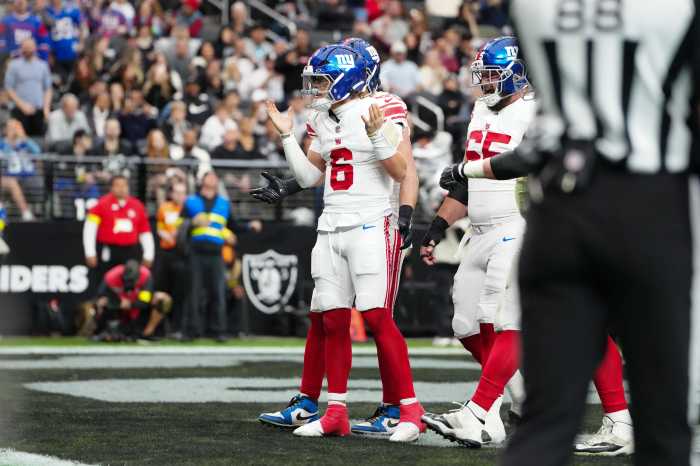The COVID-19 pandemic is likely to be remembered in ways similar to 9/11, Pearl Harbor, the JFK assassination, and other historic moments. I say “likely” because there’s a lot of interesting writing and research on how previous pandemics were scrubbed from our collective memories. While there may be some collective denial, I don’t think this is something — whenever it ends — we’ll collectively forget.
None of us can insulate ourselves from or ignore the consequences of COVID-19. Even if you’ve been “insulted” by calls for masking or latch on to some other psychotically selfish behavior, it’s had an impact. Were the “anti-mask” people protesting Halloween in years past? No, their opposition is, regardless of its stupidity, due to the impact of the COVID-19 pandemic.
Despite that opposition, vaccine rates are increasing, and the CDC says that fully vaccinated people can safely gather maskless indoors, and we are at least one step closer to pre-pandemic normal. But we shouldn’t lose sight of the fact that plenty of aspects of that pre-pandemic normal weren’t that great to begin with. Additionally, part of the reason at least some lives have been saved is our willingness and ability to change many behaviors and policies — and some should outlast the pandemic.
According to the National League of Cities, there have been over 3,000 policy changes in cities across our country due to the pandemic. Due to limits of time, space, and attention span, I can’t go into all of them but will say that our use, and understanding, of public spaces, changed and should keep evolving. I refer to outdoor dining, open streets, free buses, and general policies that dissuade from using street space as free private car storage. People like open space, and ironically, every time someone opts not to have a car, there is more space on the roads for people that can afford and choose to drive.
To be clear, a big part of this equation is making public transit efficient enough that it encourages more people to give up their cars. Next year we’ll have a new mayor who should make it a priority. Who knows if, or when, but one day, possibly soon, we’ll have a new governor, but when that day comes, she should also make it a priority.
Mike Racioppo is the District Manager of Community Board 6. Follow him on Twitter @RacioppoMike.


